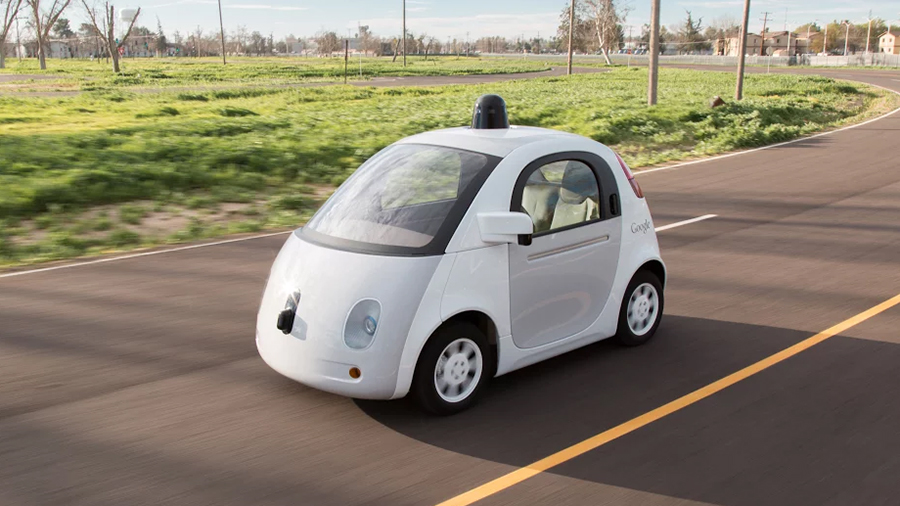Google's self-driving buggies get the green light for road tests

Google has announced that its self-driving buggies are going to be hitting the roads of California this summer. The tech giant has been busy testing the tiny cars at its own facilities, but now they're ready for the real world.
If you're a little confused, this refers to those small, toy-like vehicles that Google is building itself; not the adapted Lexus SUVs that have already been clocking thousands of miles on the streets of California.
These new prototypes are built from the ground up to work autonomously - they're not adaptations of existing vehicles, so the steering wheel is optional and the whole interior has been built with self-driving in mind.
Watch your speed
The compact cars will have a top speed of 25mph and will always have a human driver on board. To begin with, each one is going to have a removable steering wheel as well as accelerator and brake pedals, but eventually Google wants to do away with these trappings altogether.
The new prototypes are benefiting from the testing already done by Google's existing self-driving fleet - the equivalent of about 75 years of human experience - but there's a lot more work to be done before you can go out and buy one.
Google's Chris Urmson says the cars could eventually reduce accidents, cut down traffic congestion, help those with mobility problems and more - though it's going to take a leap of faith for anyone to get in a vehicle without a steering wheel.
Sign up for breaking news, reviews, opinion, top tech deals, and more.

Dave is a freelance tech journalist who has been writing about gadgets, apps and the web for more than two decades. Based out of Stockport, England, on TechRadar you'll find him covering news, features and reviews, particularly for phones, tablets and wearables. Working to ensure our breaking news coverage is the best in the business over weekends, David also has bylines at Gizmodo, T3, PopSci and a few other places besides, as well as being many years editing the likes of PC Explorer and The Hardware Handbook.